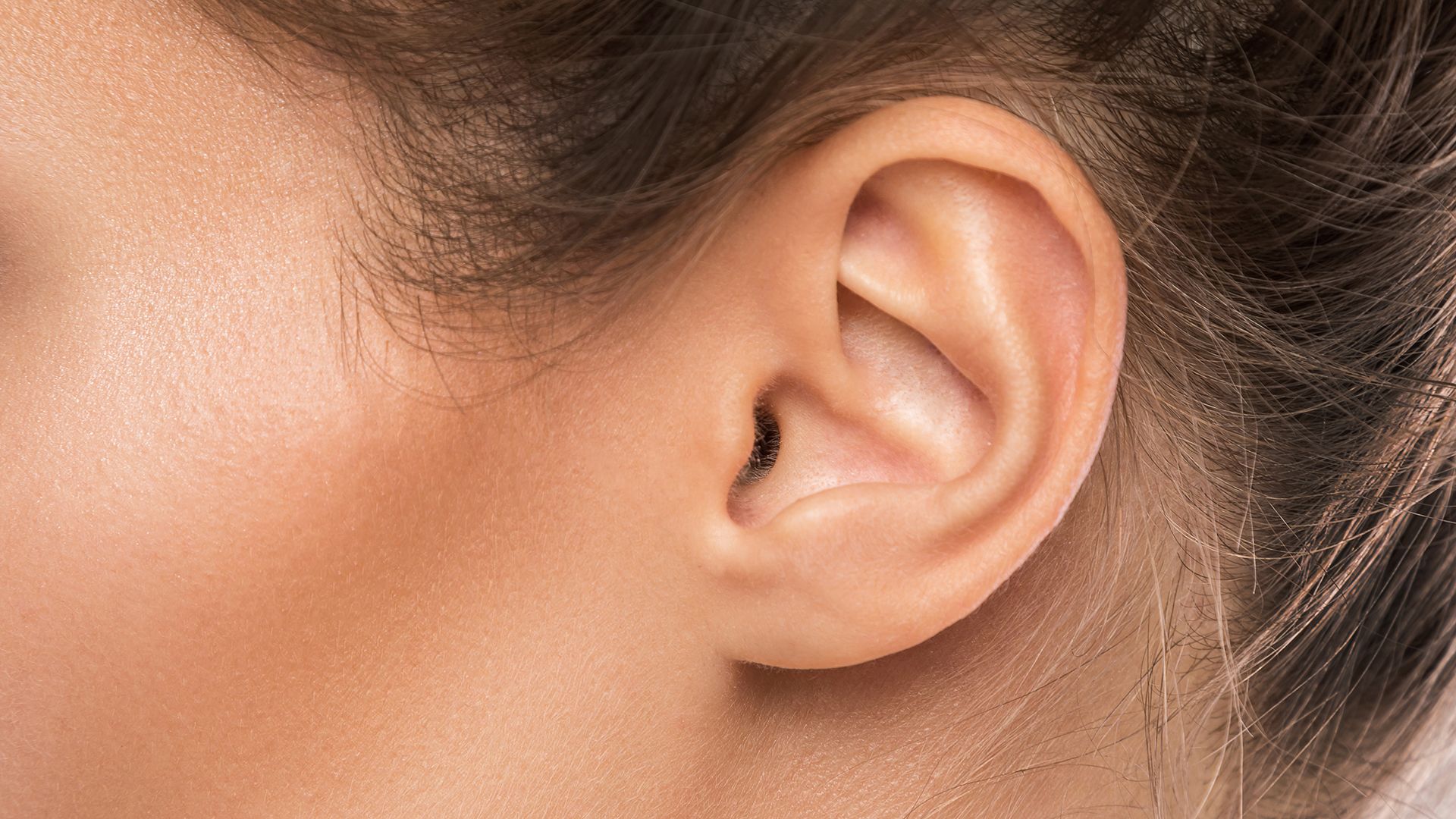-
ASMR: Relaxing With Sound

Essential to our health and wellbeing, sleep is threatened by an overstimulated world brimming with stress and anxiety. ASMR, an acronym for "Autonomous Sensory Meridian Response," has been a popular way to de-stress for several years. Enjoyed today by millions of people online, it comes in the form of videos and audio files that combine different comforting sounds: the crackling of a warm fire, nails gently tapping different objects, a whisper of air in the microphone. Put together, these sounds encourage a feeling of tranquility.
It may seem a little strange at first, but ASMR is booming for a reason, and not just because it's open access. Indeed, all you have to do is type "ASMR" in a Youtube or streaming search, and you'll discover an incredible array of calming compositions that will help you chill out on your lunch break or before bed.
Often compared to hypnosis, ASMR modifies cerebral activity and helps listeners concentrate on their sensations and perceptions. Some people feel that it actually slows their heart rate and even stimulates pleasant sensations like a slight tingling in the scalp and spine, contributing to an overall sense of peace. According to a 2015 study at the University of Swansea in Wales, 82% of listeners use it to fall asleep. The positive effects of this technique have thus been proven, although the intricacies behind the effects remain poorly understood. Scientific research into the question is just getting started; nonetheless, many researchers are finally beginning to take ASMR's therapeutic potential seriously.